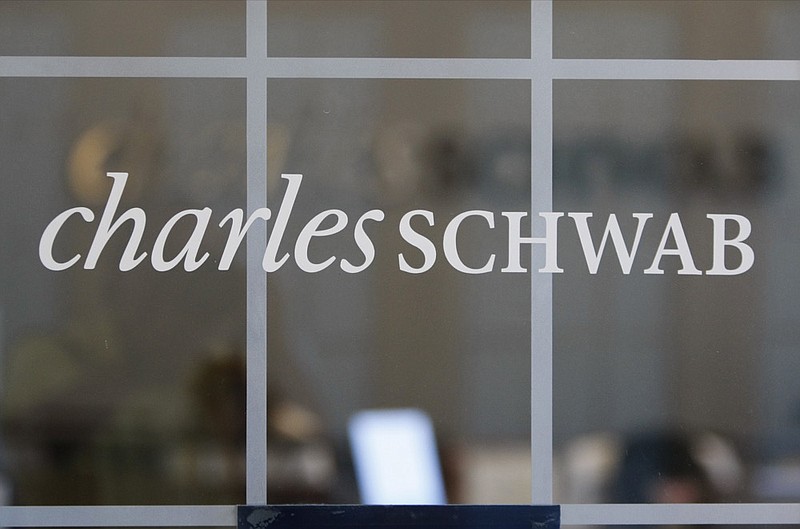For most of the history of America, broker commissions for stock transactions were fixed by the stock exchanges (primarily the New York Stock Exchange) on which they traded. As with any monopoly, the NYSE used its power to maintain high commission levels to ensure generous profits for its members.
Then in 1975, the fixing of commissions was abolished and a thunderclap struck on Wall Street that has reverberated and amplified ever since. So began the relentless race to the bottom for broker fees, culminating in last week's announcement by Charles Schwab that it was reducing trade commissions on certain types of transactions to zero. The development was not altogether unexpected, as industry analysts have frequently highlighted the steady erosion of trading costs. But the inevitable capitulation to the unremitting price pressure echoed through the canyons of the Financial District.
Schwab declared that effective October 7, all U.S. and Canadian stocks, ETFs and standard option contracts would no longer be subject to commissions. Competitors TD Ameritrade and E*Trade quickly followed suit in slashing their fees to zero. Stock prices for all of the discount broker firms were sharply down on expectations for lower revenues going forward. But the die is cast, and the market has spoken.
Investing in the stock market was traditionally the exclusive province of the wealthy. The explosion in mutual funds and ETFs along with the rise of the 401(k) have, to a degree, democratized equity investing to the point that roughly half of all households in the United States now hold some stocks among their assets.
An example from a 2002 paper by economist Charles Jones provides an illustration. Suppose in January of 1975, you wished to purchase 100 shares of a particular stock for around $25 per share. At that time, the fixed minimum commission for a "round lot" (defined as 100 shares) was $49. Total commissions were based on the number of shares, so an order of 500 or 1,000 shares would run into the hundreds of dollars in fees.
In addition to the sales fees, you would also have had to pay the difference between what a buyer is willing to pay and what a seller is willing to accept. This differential or "bid-ask spread" would have run about $13 for our example. That $62 total transaction cost on a $2,500 trade would amount to 2.5%, a significant frictional loss and a deadweight load on investment return over time.
On May 1, 1975 (known as "May Day" on Wall Street), fixing of trade commissions was outlawed, and the race was on. Schwab jumped into the fray early, charging a flat $70 per trade compared to hundreds of dollars for full-service brokers. Other discounters quickly followed suit and waded into the mix, and the pressure to reduce trading costs was unstoppable.
Returning to our example, a typical $25 stock today carries a bid-ask spread of about $1 per 100 shares. With zero commission, the total cost of the trade would amount to 0.04%, essentially costless.
Don't fret too much for the brokers, though. Only about 3% of Schwab's revenues come from commissions; other fees, trading spreads and banking products make up the vast majority of sales.
One potential pitfall that some observers foresee is the temptation for individual investors to trade too much. It has long been established that trading frequency and total returns are inversely related. Regardless of cost, discipline and a game plan are still essential to long-term success.
Still, it's always rewarding to see the power of the market overcome the urge to regulate, and to see consumers triumph in the end.
Christopher A. Hopkins, CFA, is a vice president and portfolio manager for Barnett & Co. in Chattanooga.
